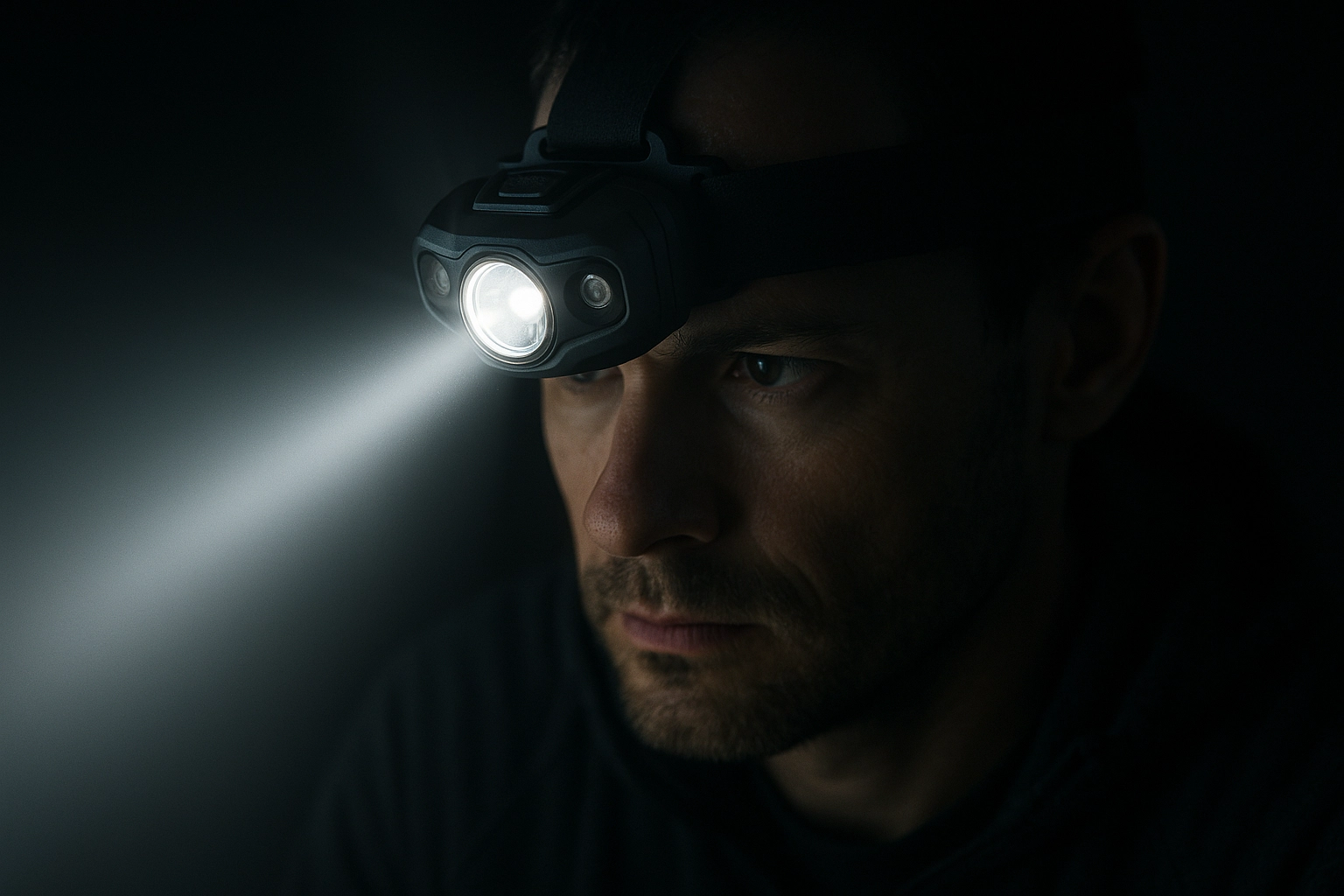JIS D5503 – Automotive Lamp Housing Resistance Testing
The JIS D5503 standard is a crucial guideline that ensures the safety and quality of automotive lamp housings. This testing procedure is integral to ensuring that light fixtures meet stringent requirements, thereby preventing potential hazards on roads and enhancing overall vehicle performance.
The resistance testing under JIS D5503 involves evaluating how well the housing can withstand various environmental conditions such as temperature extremes, humidity, salt spray, and mechanical stress. By adhering to this standard, manufacturers can guarantee that their products will not only meet regulatory requirements but also perform reliably in real-world scenarios.
The testing process typically starts with preparing the lamp housing specimens according to specified dimensions and materials. These samples are then subjected to a series of tests designed to simulate typical automotive usage environments. During these tests, electrical resistance is measured at different points along the housing structure using specialized equipment that can accurately detect even minor variations.
The results from this testing play an essential role in determining whether or not the lamp housings comply with JIS D5503 specifications. Compliance ensures not only product safety but also enhances brand reputation and customer trust. For instance, non-compliance could lead to recalls, costly repairs, and damage to company image—a scenario that no manufacturer wants to face.
Moreover, by implementing rigorous testing protocols like those outlined in JIS D5503, manufacturers can identify potential issues early on, allowing for timely corrective actions. This proactive approach not only improves product quality but also reduces long-term costs associated with rework or failed products reaching market.
In summary, compliance with JIS D5503 is vital for ensuring the safety and reliability of automotive lamp housings. It provides a framework that helps manufacturers produce high-quality products capable of enduring harsh conditions while maintaining optimal performance levels throughout their lifecycle.
Industry Applications
| Application Area | Description |
|---|---|
| Automotive Lighting Systems | This includes everything from headlamps to taillights, ensuring they function correctly under various conditions. |
| Outdoor Lighting Products | Ensuring that outdoor lighting fixtures can withstand environmental factors like rain and wind. |
| Medical Equipment | While not directly related, this ensures that medical equipment housings are robust enough for use in challenging environments. |
Competitive Advantage and Market Impact
By adhering to JIS D5503, manufacturers gain several competitive advantages. Firstly, they demonstrate commitment to quality standards recognized globally, which builds trust among consumers. Secondly, it helps in differentiating their products from competitors by showcasing superior durability and reliability. Lastly, compliance can open doors to new markets where stringent safety regulations are enforced.
The market impact of meeting JIS D5503 requirements extends beyond individual companies; it contributes positively towards industry standards overall. When more manufacturers comply with these guidelines, it fosters innovation across the entire sector by setting benchmarks for excellence in design and manufacturing processes.
Use Cases and Application Examples
The JIS D5503 standard finds application primarily within automotive lighting systems. For example, during development stages, engineers use this test to evaluate how well prototypes can handle extreme temperatures or corrosive elements without compromising functionality.
In another scenario, after initial production runs, manufacturers might conduct batch testing to ensure consistency across all units produced. This helps catch any discrepancies early on before they become significant issues later down the line.
Another practical use case involves quality control processes at various stages of manufacturing. By incorporating JIS D5503 into their workflows, companies can continuously monitor and improve upon current practices ensuring long-term success in the competitive landscape.





